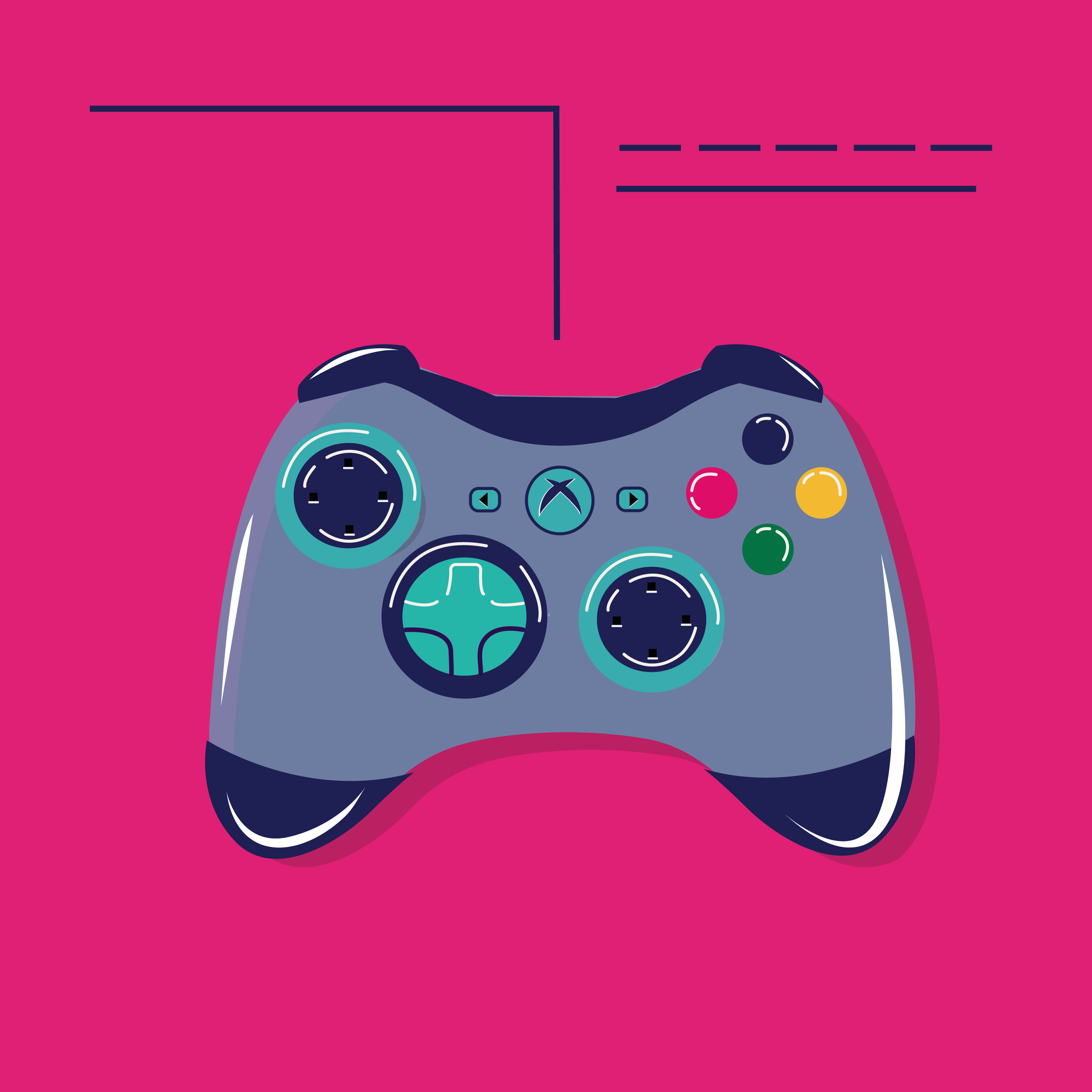A couple of decades ago, when video games burst into the mainstream audience for good, everyone could have guessed that gaming would soon become an important part of the entertainment industry. But what no one could have predicted is just how popular it would become not to play video games yourself, but to watch other people play. So popular in fact, that competitive video gaming, i.e. eSports, has slowly but steadily grown to become an important part of pop culture. But how and why did eSports gain so much momentum?
eSports expand their reach into the mainstream audience
When the first organized competitive gaming tournaments emerged where professional players vie for a prize, analysts very aptly dubbed the new practice “eSports”. And research reported by the Influencer Marketing Hub reveals that this new industry has quickly expanded its appeal and gained unprecedented growth. In 2017, eSports reached an audience of 335 million viewers, which climbed to 380 million in 2018. It is now estimated that until 2021 that number will reach roughly 557 million, exhibiting an annual growth rate of 14%. Out of those, 250 million will be regular viewers but another 307 million will be casual spectators. This means that casual viewers will constitute the majority of the eSports audience.
Furthermore, according to the same source, even people who do not watch eSports have still heard of them. In 2015, an impressive 800,000 people were aware of the industry. But a year later, over a billion people have reportedly heard of eSports – a jaw-dropping growth. In 2019 alone, eSports awareness was estimated to have reached 1.57 billion people around the world. The combination of these two facts, i.e. the number of casual viewers and the tremendous growth in awareness, lead us to the conclusion that eSports has now become an important part of pop culture.
How eSports became a part of pop culture
But if you want even more proof, just take a closer look at eSports betting. That’s right: betting sites now consider eSports as a sub-category of the traditional realm of sports betting, and punters can place wagers on the biggest eSports tournament just like they would on the NBA finals or the Super Bowl. It is no surprise, when you consider the hype surrounding the biggest eSports competitions. In 2019, the League of Legends World Championship gathered an audience of almost 4 million viewers, and the Fortnite World Cup Finals amassed an impressive 2.3 million. Speaking of Fortnite, it is perhaps the game that best encapsulates how video gaming and eSports are now part of pop culture in their own right.
Who could forget the iconic and hilarious scene in Avengers: Endgame that saw Thor compete against “Noobmaster69” on Fortnite? Just like people are still not over the live concert series that now takes place within the Fortnite game. Travis Scott was the first to take the leap of faith and performed virtually to raving reviews. Now, the digital concerts continue, with J Balvin reportedly set to headline the Fortnite Halloween Concert series, in a perfect blend of these divergent strands of pop culture that has had audiences going wild. Much like the music industry, other sectors have realized the potential of eSports and gaming that allows them to reach to a wider audience and are jumping at the chance. For example, Oakley has already announced that they would launch a new type of lenses specifically designed for gaming.
If we want to understand better how eSports have so quickly become a part of pop culture, we also need to look at the channels that enabled them to connect with their audience. Millennials are now in their 20s and 30s, and they have grown up in an increasingly digital world. Watching their favorite gamers play live on Twitch or YouTube, and interacting with them on chat or social media was an organic way for them to connect. Steven Spielberg’s recent blockbuster Ready Player One took the concept one step further. In a dystopian future, taking place in a VR gaming tournament has become the one shot its protagonist has at fixing everything wrong with the world – competitive gaming has somehow turned into something more real than real life itself.
For the young adults that are right now the driving force behind market trends, and are shaping pop culture, eSports are an integral part of life and culture.






